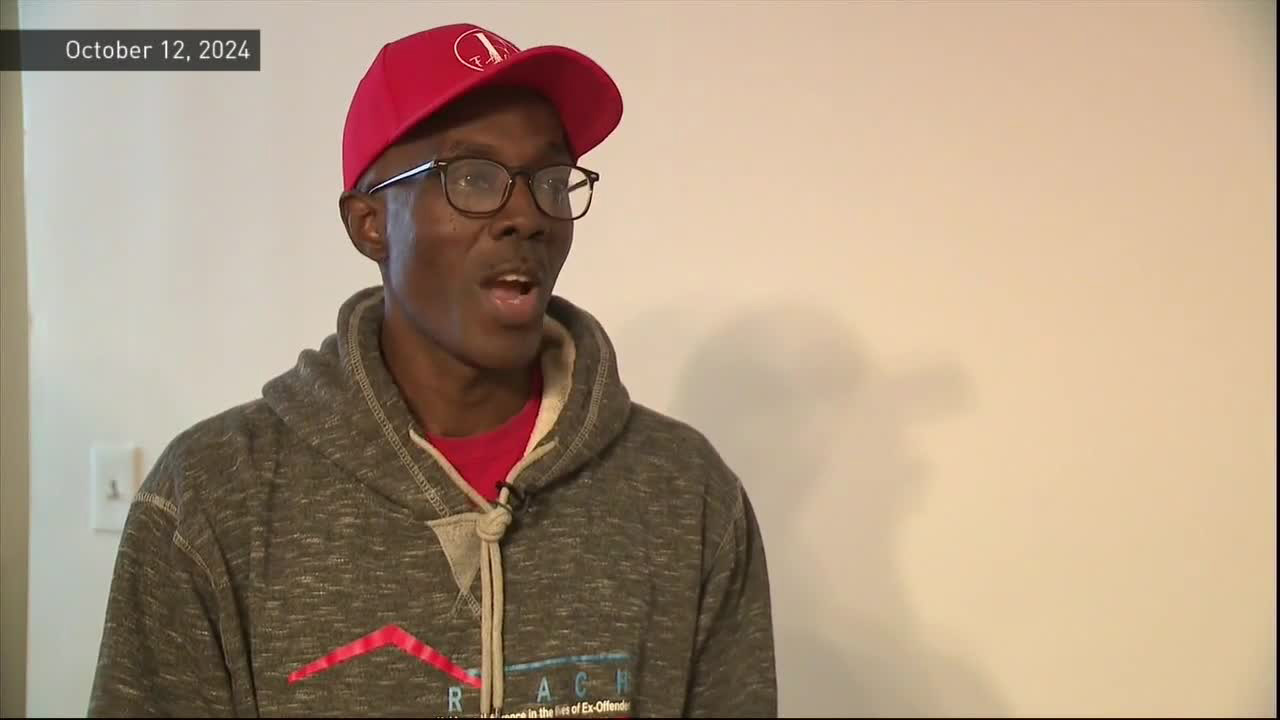The debate surrounding Guam’s potential independence has intensified, with critics questioning the effectiveness of the Independence Task Force under the Commission on Decolonization. Many argue that the group has not provided a clear vision for what an independent Guam would entail, leaving residents with more questions than answers.
In a recent statement, the Independence Task Force emphasized its commitment to educating the public about the benefits of sovereignty. They assert that independence would allow Guam to govern itself and make decisions that reflect the desires of its people rather than those imposed from abroad. According to the Task Force, “independence does not mean traveling back in time or cutting ourselves off from the world.”
Despite these assurances, critics, including local residents, have expressed skepticism. A review of the Commission on Decolonization’s website reveals a lack of substantive information regarding independence. There are no detailed benefits or resources available to counter prevailing myths about what independence would mean for Guam. This has led some to label the Task Force’s efforts as ineffective, with one local resident stating that the initiative has squandered nearly $30,000 in taxpayer funds without yielding any educational material.
The myths surrounding independence are numerous and often not addressed by the Task Force. For instance, the notion that Guam could charge the U.S. military billions for base rent is questioned, given that the federal government already owns the land. Furthermore, the idea that foreign nations would seek diplomatic relations with an independent Guam is dismissed by critics who argue that the island lacks valuable natural resources to attract such interest.
Concerns extend beyond economic viability. Many residents have voiced uncertainty about the implications of independence on their daily lives. Questions arise regarding the potential return to subsistence living, increased taxes without federal subsidies, and the ability to travel without a U.S. passport, which many see as a crucial benefit of current citizenship.
The claim that all decisions affecting Guam would be made by its own citizens is also challenged. Critics note that Guam already operates as a self-governing entity with an elected governor and legislature, similar to the states and territories of the United States.
To further complicate the independence discourse, there are calls for transparency regarding the voting process on any potential status change. Critics argue that limiting voting rights to descendants of original indigenous residents could disenfranchise many legal residents of Guam. They assert that all residents should have a say in matters that affect their future, as outlined in the 1898 Treaty of Paris.
While the Independence Task Force aims to foster a dialogue about Guam’s future, the lack of tangible information and clear educational resources has left many residents feeling frustrated and uncertain. The ongoing discussions, described by some as “meaningless town hall meetings,” often seem to lack the substance necessary to facilitate genuine understanding and engagement.
As residents continue to grapple with the complexities of independence, the need for a more comprehensive and transparent approach becomes increasingly apparent. Without addressing these critical issues, the path toward a clear political future for Guam may remain obscured.
In the words of one local critic, the current independence discussions have devolved into “a tale told by an idiot, full of sound and fury, signifying nothing.” The challenge now lies in transforming this discourse into a constructive dialogue that genuinely informs and involves the people of Guam.







